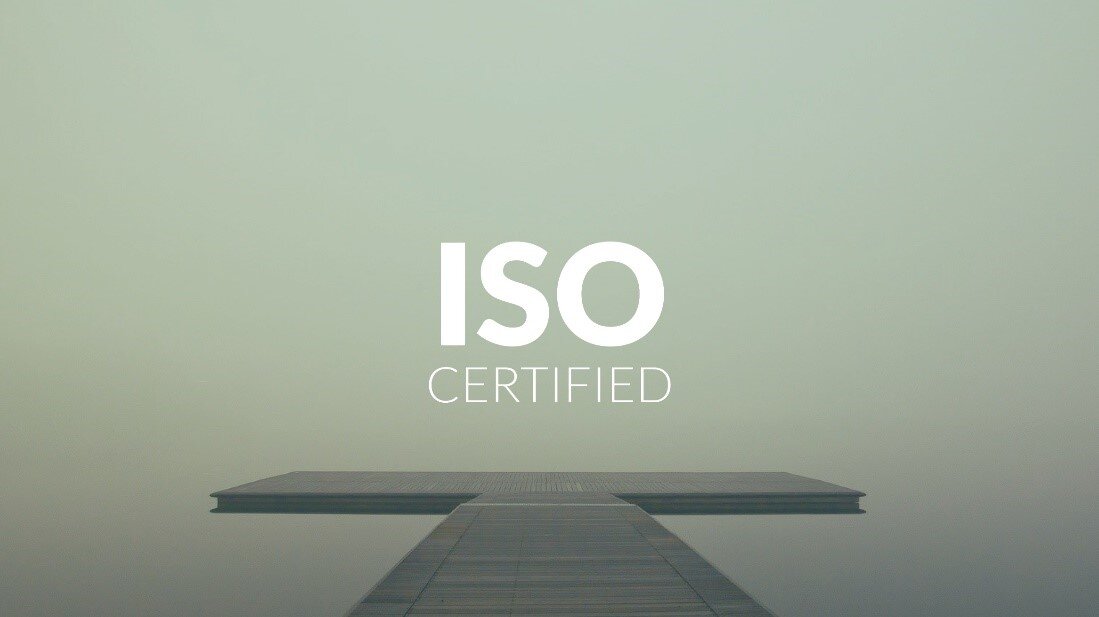The first time I heard the term ‘Dark Web’ was in the context of a case of misappropriated identity. A close relative of mine had begun receiving all sorts of communications from credit card companies and debt collectors concerning delinquencies that they were completely unfamiliar with. One even included an attempt at collecting back premises rent for an apartment in Dallas, Texas where my relative had never visited in their life. After spending months fighting off financial claims and trying to repair their credit history, my relative contracted a computer security professional to perform a forensic investigation of their home PCs. It was ultimately discovered that some or all of the data breach enabling the identity theft had been the outcome of a fairly sophisticated spear-phishing attack combined with the installation of a key logger agent. The forensics also revealed that much of their Personal Identifying Information had migrated to the Dark Web and was presently freely available to whomever-or whichever entity-might be interested.
Dark Web and how it functions
Dark Web, I thought. Huh. I’ve heard of the Dark Web but don’t know much about what it is or more specifically, how it functioned. Heretofore I’d (wrongly) believed it was composed of a bunch of gamers sharing logins to cloud gaming services along with the ever-present and always thriving market for pornography. My investigatory efforts yielded that the Dark Web is so, so much more, however; and I thought it was important to share my findings to clear up any popular misconceptions of which there is legion. Therefore, I’ve decided to put together a brief post that provides the nuts and bolts of what’s become an increasingly important cog in the global economy for ill-gotten bits and pieces of data and information. It turns out, the Dark Web wasn’t nearly as elemental as I’d initially suspected.
The Dark Web is a collection of thousands of websites that use anonymity tools to hide their IP addresses. While it's most famously been used for black market drug sales and even child pornography, the Dark Web also enables anonymous whistleblowing and protects users from surveillance and censorship. Readers will recall that the Dark Web played an intermediary role in WikiLeaks dissemination of certain confidential U.S. Department of Defense documents related to the conflicts in Iraq and Afghanistan.
Who created the Dark Web and how can it be assessed?
The majority of Dark Web sites use the anonymity software Tor with was created by the U.S. Department of Defense, though a smaller number also uses a similar tool called I2P. Both of those systems encrypt web traffic in layers and bounce it through randomly-chosen computers around the world, each of which removes a single layer of encryption before passing the data on to its next hop in the network. In theory, that prevents any spy—even one who controls one of those computers in the encrypted chain—from matching the traffic’s origin with its destination. In layman’s terms-traffic on the Dark Web is untraceable.
Though the Dark Web is most commonly associated with the sale of drugs, weapons, counterfeit documents, and child pornography, not everything on the Dark Web is quite so “dark.” One of the first high profile Dark Web sites was the Tor hidden service WikiLeaks created to accept leaks from anonymous sources. Even Facebook has launched a Dark Web site aimed at better catering to users who visit the site using Tor to evade surveillance and censorship. The Dark Web is also a vehicle for hackers to buy and sell personal information such as names, addresses, social security numbers, credit card information, etc. The more information they obtain from the unsuspecting victim, the higher the price.
Can Dark Web provide privacy
Just how completely Dark Web users can evade the surveillance of highly-resourced law enforcement and intelligence agencies, however, remains an open question. The FBI and EUROPOL have both launched successful Dark Web investigations aimed at stopping human trafficking, identity theft, and drug smuggling, and in most cases, the agencies were able to identify the threat actor by setting up relays and scripts on websites they frequently visit. It's also possible that the agencies employed sophisticated DNS attacks on TOR servers or used other exploits; then again, it’s also possible they were able to rely on good old Human Intelligence-informants. Everyone seems to have a price.
So in summary, we know that the Dark Web exists, it’s a marketplace for all sorts of data and information exchange, not all of it legal or voluntarily disclosed. The best way to ensure you don’t wind up on the wrong side of information exchange? Secure your information systems, be very, very judicious in responding to emails and if you have any questions or concerns, contact a licensed information technology security professional. The stakes are high, and only getting higher.
Author: Rich Fiore






